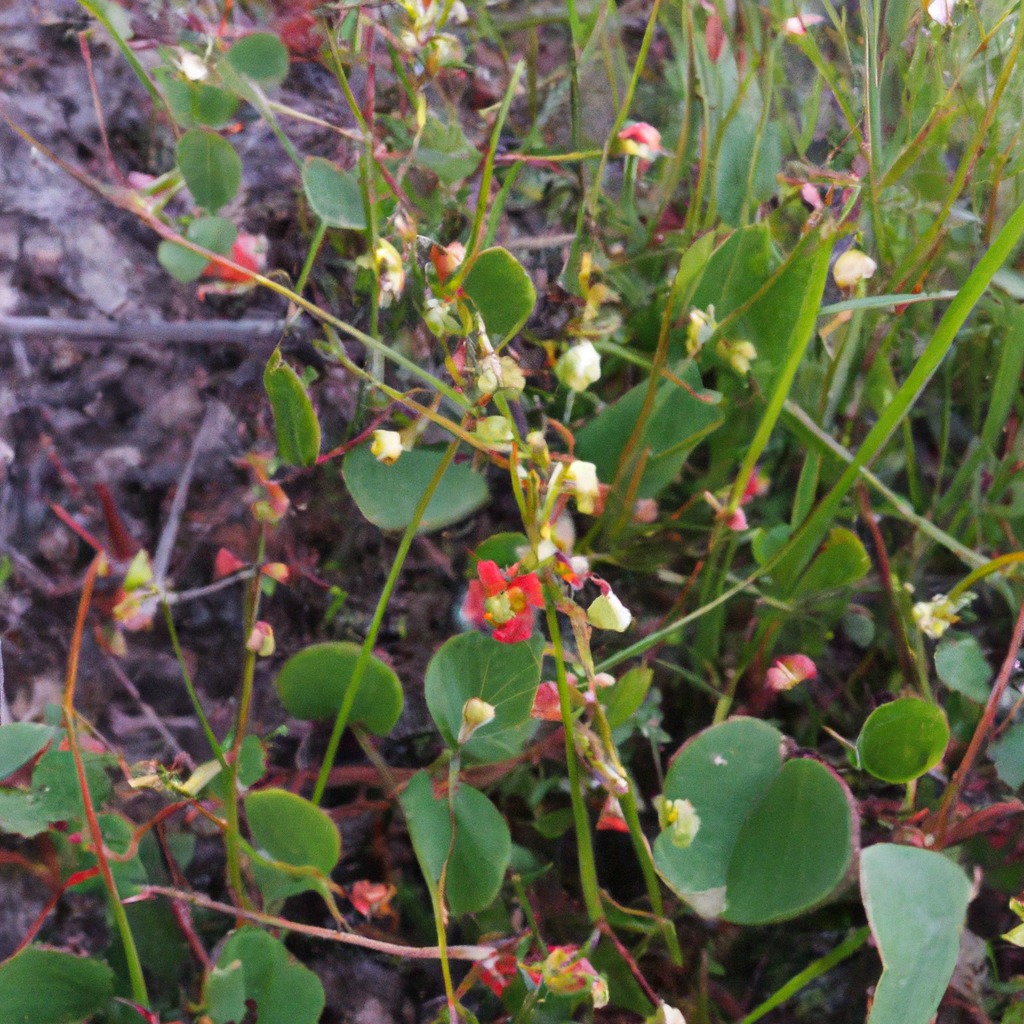Biological Name:
Rumex acetosella (Sheep-Sorrel)
Natural Habitat:
Sheep-Sorrel: Fields and meadows, North America
Description:
Sheep-Sorrel also known as Rumex is a plant that is native to grassland and prairie regions of North America. It is a perennial herb that can grow up to two feet tall and it has small arrow-shaped leaves and small yellow or red flowers that bloom in the summer. The plant is known for its sour lemony flavor and it was once used as a medicinal herb to treat various ailments.
Frequently Asked Questions (FAQs)
Q: Can you eat sheep sorrel?
A: Using sheep sorrel as an edible Sheep sorrel can be eaten raw or cooked and in any recipe that calls for cultivated French sorrel. Like most greens, if you plan to cook it, be prepared to gather large quantities as it shrinks a great deal once cooked.
Source
Q: What does sheep sorrel do for the body?
A: Sheep sorrel has been used historically to treat inflammation, scurvy, cancer, and diarrhea. It is also one of four ingredients in Essiac, an alternative cancer treatment (1). The major constituents include anthraquinones and oxalates (1).
Source
Q: Who should not eat sorrel?
A: Speak with a healthcare professional before using sorrel if you have ever had or are at risk of getting kidney stones. Surgery: Sorrel can slow blood clotting. This might cause extra bleeding during and after surgery. Stop using sorrel at least 2 weeks before a scheduled surgery.
Source
Q: How do you eat sheep sorrel?
A: The halberd shaped leaves of sheep’s sorrel are a great key identifier. Sorrel can be used as a garnish, a salad leaf, a green for soups and stews or as a sweet ingredient for cakes and sorbets.
Source
Q: What parts of sheep sorrel are edible?
A: Sources say the plant contains oxalic acid, giving it a tart or tangy taste, similar to rhubarb. The leaves are edible, as are the roots. Use them as an unusual addition to salads, or stir-fry the roots along with peppers and onions for numerous dishes.
Source
Q: Can sorrel be eaten raw?
A: If you’ve never tried sorrel, be prepared to pucker up. This spring green is packed with potent astringency and a lemony, citrus-like flavor. It bump up the acidic quality of salads (just use less vinegar or lemon juice), and is great eaten raw. It also cooks down quickly in a sauté pan.
Source
Q: What does sorrel taste like?
A: Despite its dull color when cooked, sorrel does taste bright and exuberant. No other vegetable at this time of year has such power, or complexity. Sorrel is fruity like rhubarb. It is tart like lemon.
Source
Q: Is sheep sorrel toxic to horses?
A: quantities; the seeds are said to be poisonous to horses and sheep.
Source
Q: What is sheep sorrel good for?
A: Sheep sorrel has been used historically to treat inflammation, scurvy, cancer, and diarrhea. It is also one of four ingredients in Essiac, an alternative cancer treatment (1). The major constituents include anthraquinones and oxalates (1).
Source
Q: What is the most damaging parasite to horses?
A: Large Strongyles Large strongyles, otherwise known as bloodworms, are parasites known to be the most destructive and deadly of all equine parasites. As immature larvae migrate through the horse’s blood vessels, they begin to destroy arterial walls, block or rupture blood vessels, damage circulation, organs and tissues.
Source
Q: Is sheep sorrel invasive?
A: It is reported invasive in AZ, CT, HI, NY, OR, TN, VA, WA, WI, and WV. Ecological Impacts: It can spread extensively, especially on acidic and nutrient-deficient soils.
Source
Q: What is the most poisonous plant to horses?
A: Nine poisonous plants horses should avoidRagwort. While ragwort has a bitter taste and is rarely eaten by horses when it is growing, when it is wilted or dried it becomes more palatable. … Foxglove. … Deadly nightshade. … Buttercups. … Acorns. … Yew. … Privet. … Rhododendron.More items…•May 11, 2022Nine poisonous plants horses should avoid | Blue Crosswww.bluecross.org.uk › advice › horse › nine-pois…www.bluecross.org.uk › advice › horse › nine-pois…
Source
Q: Is sheep sorrel a blood thinner?
A: Sorrel might slow blood clotting. Taking sorrel along with medications that also slow blood clotting might increase the risk of bruising and bleeding.
Source
Q: Is sheep sorrel safe for dogs?
A: Sorrel poisoning in dogs is a result of dogs ingesting all or part of the sorrel plant, which contains soluble calcium oxalates. These compounds are toxic to dogs.
Source
Q: What is sheep sorrel found in?
A: Common Sheep Sorrel is a ubiquitous weed in much of North America, found primarily in open, disturbed soils of roadsides and degraded fields and prairies.
Source
Q: Is sorrel toxic to humans?
A: Sorrel is POSSIBLY UNSAFE when taken by mouth in large amounts, since it might increase the risk of developing kidney stones. There is also a report of death after consuming a large amount (500 grams) of sorrel.
Source
Q: What is another name for sheep’s sorrel?
A: Rumex acetosella, commonly known as red sorrel, sheep’s sorrel, field sorrel and sour weed, is a species of flowering plant in the buckwheat family Polygonaceae. Native to Eurasia and the British Isles, the plant and its subspecies are common perennial weeds.
Source
Q: What is sorrel called in English?
A: Sorrel (Rumex acetosa), also called common sorrel or garden sorrel, is a perennial herbaceous plant in the family Polygonaceae. Other names for sorrel include spinach dock and narrow-leaved dock (‘dock’ being a common name for the genus Rumex). L.
Source
Q: How do I get rid of sheep sorrel?
A: You can dig out sheep sorrel but you need to remove all of the rhizomes; any pieces left can sprout and grow into new plants. Chemical controls such as roundup can be used, but only when the plant is growing, and several applications may be needed to kill the rhizomes.
Source
Q: How does sheep sorrel spread?
A: Reproduction. Sorrel spreads by seed and rhizomes.
Source
Q: Is sheep sorrel toxic?
A: The oxalic acid in sheep sorrel is the substance that gives the leaves a sour lemony taste. Large intakes of sheep sorrel can be poisonous due to the oxalic acid content. Livestock that have eaten excessive quantities of sheep sorrel have been poisoned.
Source
Q: Is sorrel an invasive plant?
A: Be warned: This is an aggressive perennial, considered invasive by some gardeners who see it as a weed, albeit an edible one. It starts easily from seed, and once established it can spread rapidly under certain conditions. Garden sorrel likes a damp site, while French sorrel prefers drier soil.
Source

